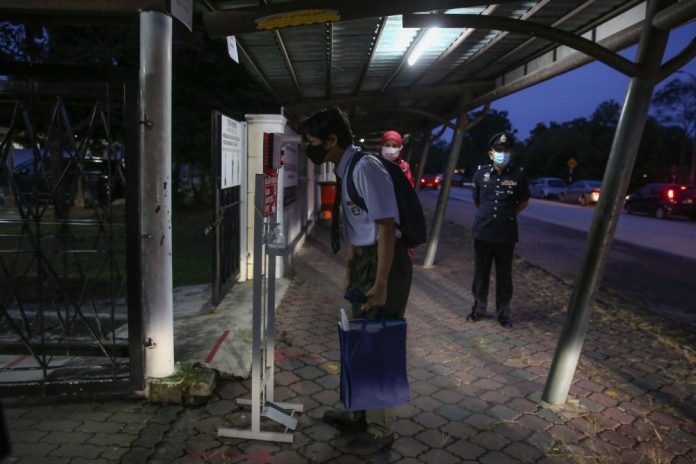.jpg)
Subscribe to our Telegram channel for the latest updates on news you need to know.
KUALA LUMPUR, Feb 22 — Former education minister Maszlee Malik today said that the Covid-19 pandemic has presented the best opportunity to reform the way students are evaluated after finishing school.
The Simpang Renggam MP said that the way students are evaluated previously is no longer suitable for the current situation.
He said it was time for the Education Ministry to take bold steps in reforming the evaluation process.
“Evaluation must be different. I don’t know how SPM students sitting for their exams now will be assessed. Will it be according to the old style evaluation or a new one?
“This pandemic gives us the opportunity to click the ‘great reset’ button on how our children will be assessed in the future,” he said.
Maszlee said the Education Ministry cannot keep to the old ways of evaluations via examination but must rely on the use of big data and artificial intelligence (AI).
“We cannot keep with the old traditions of assessing our children. No more exams. We need to start leveraging on big data and AI as soon as possible. This is the time,” he said.
He added that the Malaysian education system is in a unique and unprecedented position and that conventional decisions will not do.
“We have to be brave and radical, and our commitment must be united and be fully encompassing.
“There has to be a unification and clear communication between all ministries and parties to ensure fair education for all,” he said.
He said that the issue of those being left behind in terms of education worries him greatly and that the decreasing levels of motivation among students must be addressed.
“Children in this pandemic — who have lost close to 200 days of school — are not as motivated to study anymore. This ‘lost generation’ will be the future game changers and leaders of the country.
“So I believe that we need to return to our original education philosophy with the concept of no one being left behind, no matter who and where they are.
“It does not matter if they are disabled or live in rural areas, education must always be a priority,” he said.


